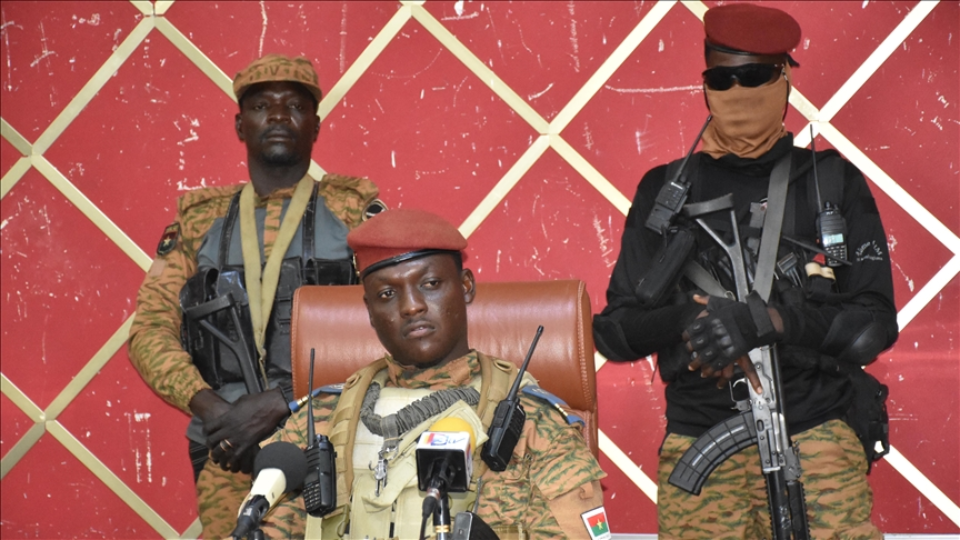Burkina Faso’s Military Junta Disbands Electoral Commission, Citing Financial Waste
Ouagadougou, Burkina Faso - In a bold and controversial move, Burkina Faso's military junta, led by Captain Ibrahim Traoré, has dissolved the country's Independent National Electoral Commission (CENI), labeling it a financial burden and a source of foreign interference. The decision, announced on July 16, 2025, transfers all electoral responsibilities to the Ministry of Territorial Administration, sparking concerns about the future of democratic processes in the West African nation.
The junta's decision comes as part of a broader effort to centralize power and assert national sovereignty since Traoré seized control in a September 2022 coup, the second in eight months. The CENI, previously composed of 15 commissioners from political parties and civil society, was responsible for organizing elections. Territorial Administration Minister Emile Zerbo justified the dissolution, stating that the commission consumed approximately $870,000 annually in state subsidies, a cost deemed excessive. He argued that transferring electoral duties to the interior ministry would streamline operations and reduce external influence, aligning with the junta's push for greater national control.
This move follows the junta's earlier decision to postpone elections originally scheduled for July 2024, extending the transition to civilian rule until July 2029. The extension, formalized in a 2024 charter, allows Traoré to remain in power and contest the next presidential election, raising questions about the junta's commitment to democratic restoration. The dissolution of CENI has intensified fears of democratic backsliding, particularly as Burkina Faso, alongside Mali and Niger, withdrew from the Economic Community of West African States (ECOWAS) earlier in 2025, signaling a shift away from regional democratic norms.
The junta's actions are set against a backdrop of escalating security challenges. Burkina Faso has been grappling with a jihadist insurgency for nearly a decade, with groups like Jama'at Nusrat al-Islam wal-Muslimin (JNIM) intensifying attacks. In the first half of 2025, JNIM claimed responsibility for over 280 attacks, double the number from the same period in 2024. Critics argue that the junta's focus on consolidating power, including dissolving the electoral commission, distracts from addressing this growing threat. Human rights organizations have also raised alarms about reported abuses by security forces, including civilian casualties during counterinsurgency operations and restrictions on political expression and press freedom.
Since taking power, Traoré's government has distanced itself from France, the former colonial power, and deepened ties with Russia for military support. This realignment reflects a broader trend among West African juntas seeking to redefine post-colonial relationships. However, the effectiveness of these partnerships remains under scrutiny, as jihadist violence continues to claim thousands of lives and displace communities, particularly in the northern regions bordering Mali and Niger.
Public reactions to the dissolution of CENI are mixed. Supporters of Traoré view the move as a necessary step to prioritize national resources amid security and economic challenges. Others, including regional analysts, warn that it undermines democratic institutions and could further isolate Burkina Faso internationally. The decision has drawn scrutiny from ECOWAS and other global actors, who see it as part of a pattern of centralizing authority under military rule.
As Burkina Faso navigates this pivotal moment, the dissolution of the electoral commission marks a significant shift in its political landscape. With elections delayed until 2029 and the interior ministry now overseeing the process, the path to civilian governance remains uncertain. The junta's focus on sovereignty and cost-cutting may resonate with some, but it risks deepening divisions and eroding trust in the country's democratic future.


